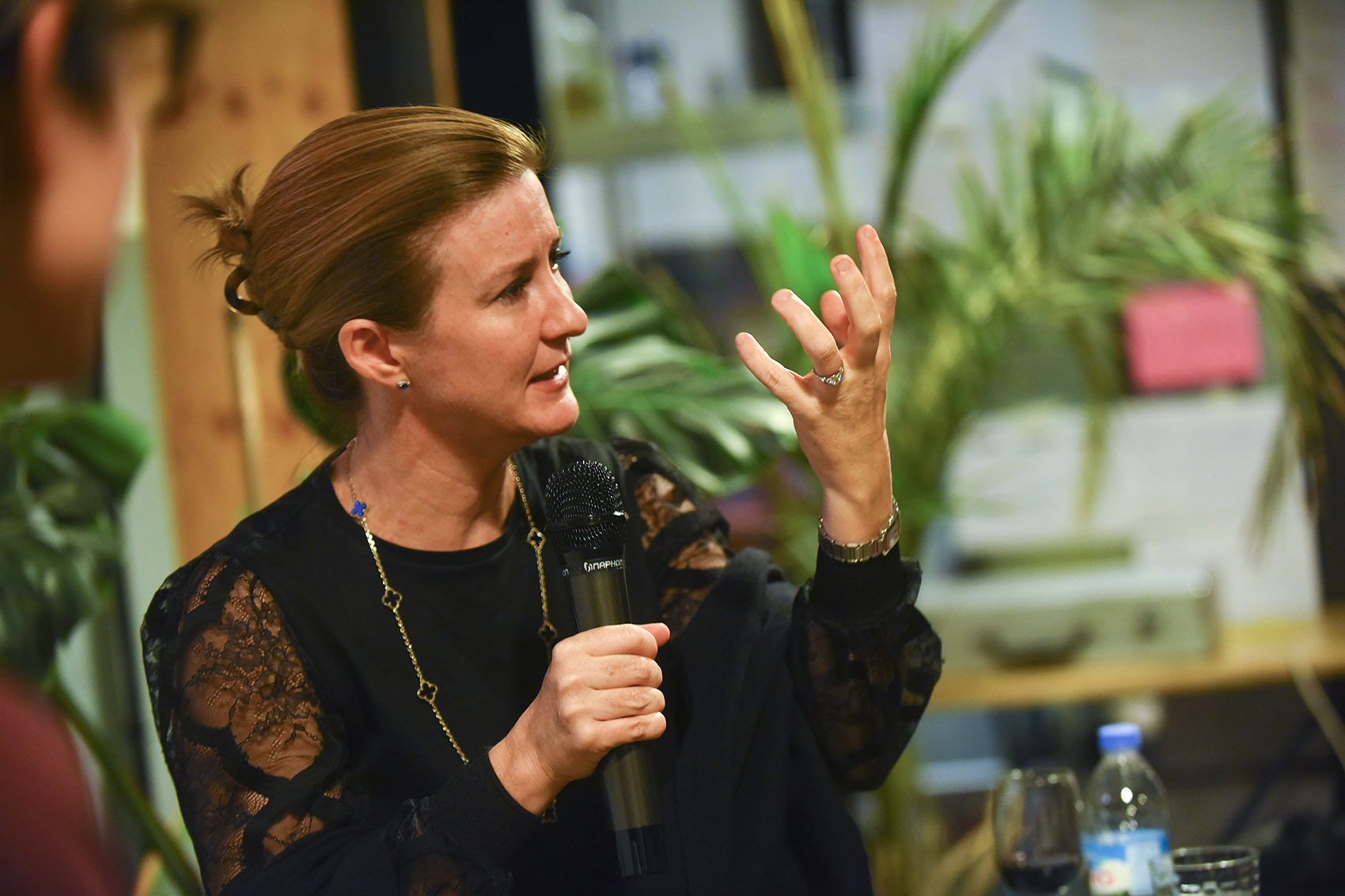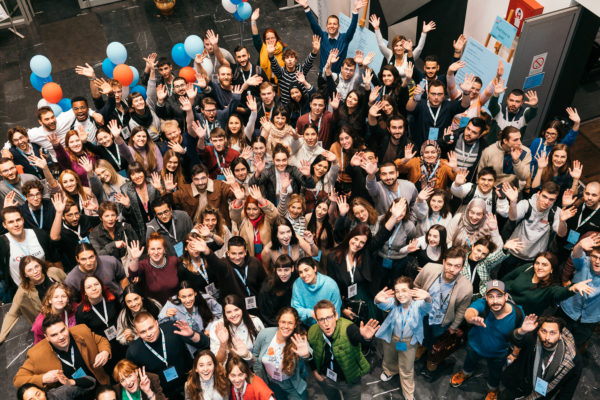
3 Trends That Will Influence the Social Entrepreneurship Sector in 2019
In spring 2018, Katherine has joined SIA’s Global Advisory Board. In her work with the Schwab Foundation Katherine gets in touch with many social innovators, capacity-builders and funders from around the world. We asked her to share three key trends which she is currently observing in the development of social entrepreneurship globally, especially with regards to the early-stage support of social enterprises.
By Katherine Milligan, Head of the Schwab Foundation and Member of Social Impact Award’s Global Advisory Board
In spring 2018, Katherine has joined SIA’s Global Advisory Board. In her work with the Schwab Foundation Katherine gets in touch with many social innovators, capacity-builders and funders from around the world. We asked her to share three key trends which she is currently observing in the development of social entrepreneurship globally, especially with regards to the early-stage support of social enterprises.
#1: There’s a difference between market-based and financially profitable.
In the early days of social entrepreneurship, most of the trail-blazing organizations that pioneered important innovations were non-profits. For many young people today, however, social entrepreneurship is about a commercially viable enterprise. I think the discourse has swung too far into that direction and needs to come back to somewhere in the middle. Yes, social enterprises should strive for financial viability wherever possible, leverage market forces, and embrace business practices and principles. At the same time, there is a reason why these problems persist: because the market or the government failure is just so extreme.
Designing a business model to solve these problems does not mean you’re going to turn a profit – not in year one or two, but maybe not even in year five. Otherwise, conventional businesses would have stepped in already.
So, there are a lot of myths, hypes, and misconceptions around the sector that are not necessarily helpful, and I believe young entrepreneurs creating start-ups need a more realistic view about what the journey ahead of them holds.
#2: Public institutions are our partners, not the opposition.
Another trend is the relationship of the social entrepreneurship sector with governments and related institutions. A few decades ago, the social entrepreneurship movement was born out of frustration with the inability of governments to solve social problems at scale. This resulted in the image of a social entrepreneur striking out in opposition to the traditional public services such as education, health care, waste, sanitation, water, etc.
Now, many social entrepreneurs aren’t asking anymore whether they should work with government, but rather how. If you think of solving a problem on a national level, you cannot avoid or escape public institutions as key partners.

First, as a social entrepreneur, you must build up your own credibility and prove that you can build something more cost effectively than other providers or consistently produce better outcomes. But once you have done that, you can use this credibility and engage with government. Such collaboration can come in various forms: procurement, meaning the government agency outsources a particular service and provides the social enterprise a fee for services rendered; government adoption, where a social enterprise’s methodology or model gets embedded into a public system like the healthcare system; or technical assistance, meaning the social entrepreneur advises government on a policy reform, a new law, or a planning process.
#3: The myth of the ‘hero entrepreneur’ is dead.
The third and last trend that I would like to mention sends a message that shall speak directly to young social agents and entrepreneurs who are now starting their career.
The myth of the ‘hero entrepreneur’ is dead. It is a very unhelpful and destructive myth. It put enormous burden on the entrepreneur’s shoulders. More and more people are recognizing that social entrepreneurship is a team sport and that this is not about me, my idea, my solution, my organization.
It really is about solving the problem and doing whatever it takes in working with other stakeholders and actors in a particular system or problem area. It is about putting your wellbeing at the center of your work, being very clear about your motivation for doing this work, having a ‘managed ego’ in doing this work. If this is all about you and your ego and your agenda, people sense this and realize that this is not authentic and ultimately it will undermine your ability to create trust-based relationships and partnerships. Being a managed ego leader and prioritizing your and your collaborators’ wellbeing are huge trends and will be on top of the global conversation in 2019.
You can read the rest of our interview with Katherine on page 24 of our Global Impact Report 2018.
 Katherine Milligan is the Director and Head of the Schwab Foundation for Social Entrepreneurship. She received her B.A. from Dartmouth College and her Master’s in Public Policy from the Kennedy School of Government, where she was the recipient of the Pforzheimer Scholarship for Excellence in Nonprofit Management. Katherine’s previous work experience includes a Sheldon Knox Research Fellowship at Harvard University (2004-2005); a Global Leadership Fellow of the World Economic Forum (2005-2009). Before that, she was a Peace Corps volunteer in West Africa and a strategy consultant for several non-profits. Her work has been published in the International Institute of Economics, Stanford Social Innovation Review, MIT journal Innovations, and the Harvard Business School.
Katherine Milligan is the Director and Head of the Schwab Foundation for Social Entrepreneurship. She received her B.A. from Dartmouth College and her Master’s in Public Policy from the Kennedy School of Government, where she was the recipient of the Pforzheimer Scholarship for Excellence in Nonprofit Management. Katherine’s previous work experience includes a Sheldon Knox Research Fellowship at Harvard University (2004-2005); a Global Leadership Fellow of the World Economic Forum (2005-2009). Before that, she was a Peace Corps volunteer in West Africa and a strategy consultant for several non-profits. Her work has been published in the International Institute of Economics, Stanford Social Innovation Review, MIT journal Innovations, and the Harvard Business School.














































